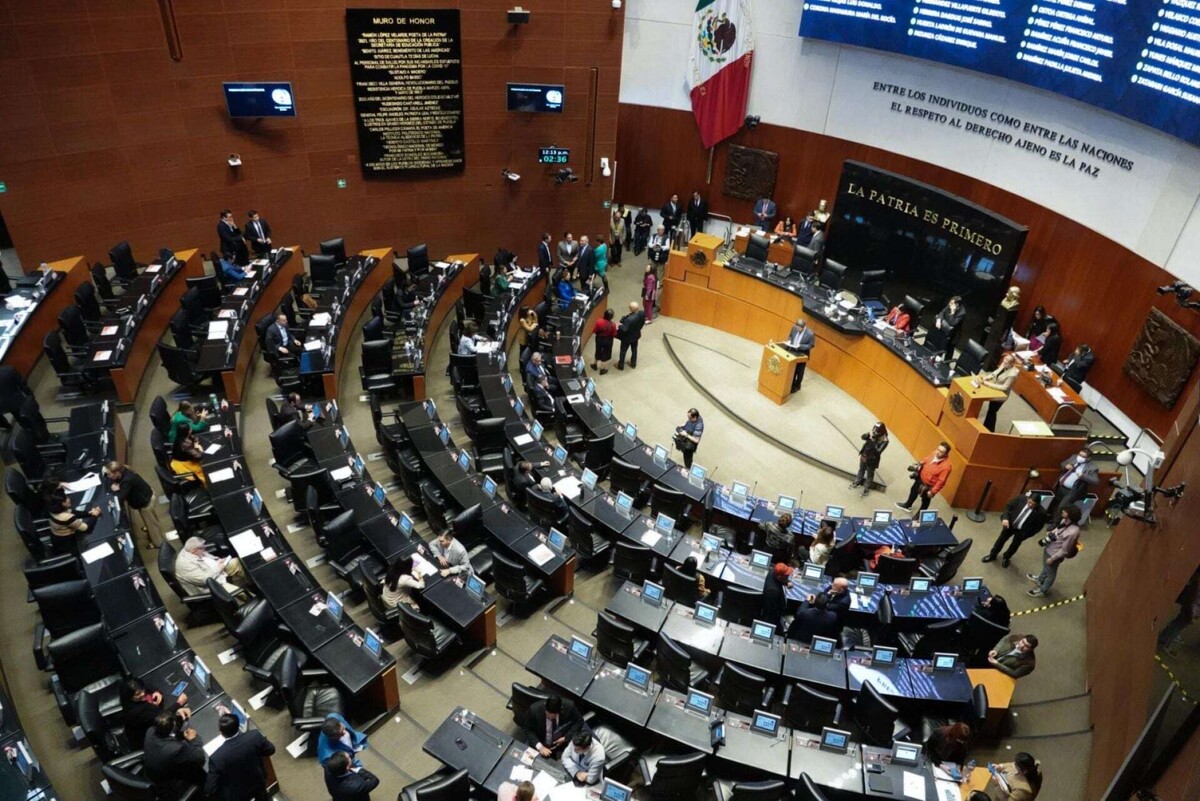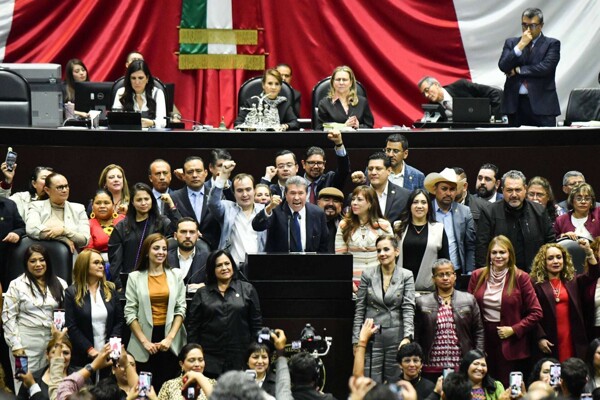
On February 6, the United Commissions of Finance and Public Credit and of Secondary Legislative Studies of the Senate of the Republic canceled a meeting scheduled to discuss the General Law of Titles and Credit Operations, also known as the 'delegated collection' reform. The proposal in question would have allowed payroll loan payments to be deducted directly from workers' salaries by their employers.
Gabriela Siller Pagaza, director of Economic Analysis at Grupo Financiero BASE, pointed out that this reform would mean an increase in administrative costs for companies, as they would have the responsibility of managing collection of the loans. She explained that companies would have access to detailed information about their employees' loans, which could harm the latter during salary negotiations.
According to the specialist, the proposed law would reduce risk and administrative costs for credit entities, as delinquency would decrease. However, from the perspective of the country's economy, it would mean lower risk by keeping the overdue portfolio of this type of credit stable.
The Parliamentary Group of the National Action Party (PAN) expressed its opposition to the delegated collection bill, stating that it contravenes the Constitution. Ricardo Anaya Cortés, PAN coordinator in the Upper Chamber, argued that the reform would grant employers the power to withhold wages for payments, which he considered unacceptable. According to Anaya Cortés, this measure would go against Article 123 of the Constitution, which protects the intangibility of the minimum wage, and Article 112 of the Federal Labor Law.
The legislator described the reform as inhuman, given that a large percentage of workers in Mexico live paycheck to paycheck. In this regard, he stated that it is essential to safeguard the integrity of wages and expressed opposition to allowing employers to use workers' wages to settle debts with third parties.













